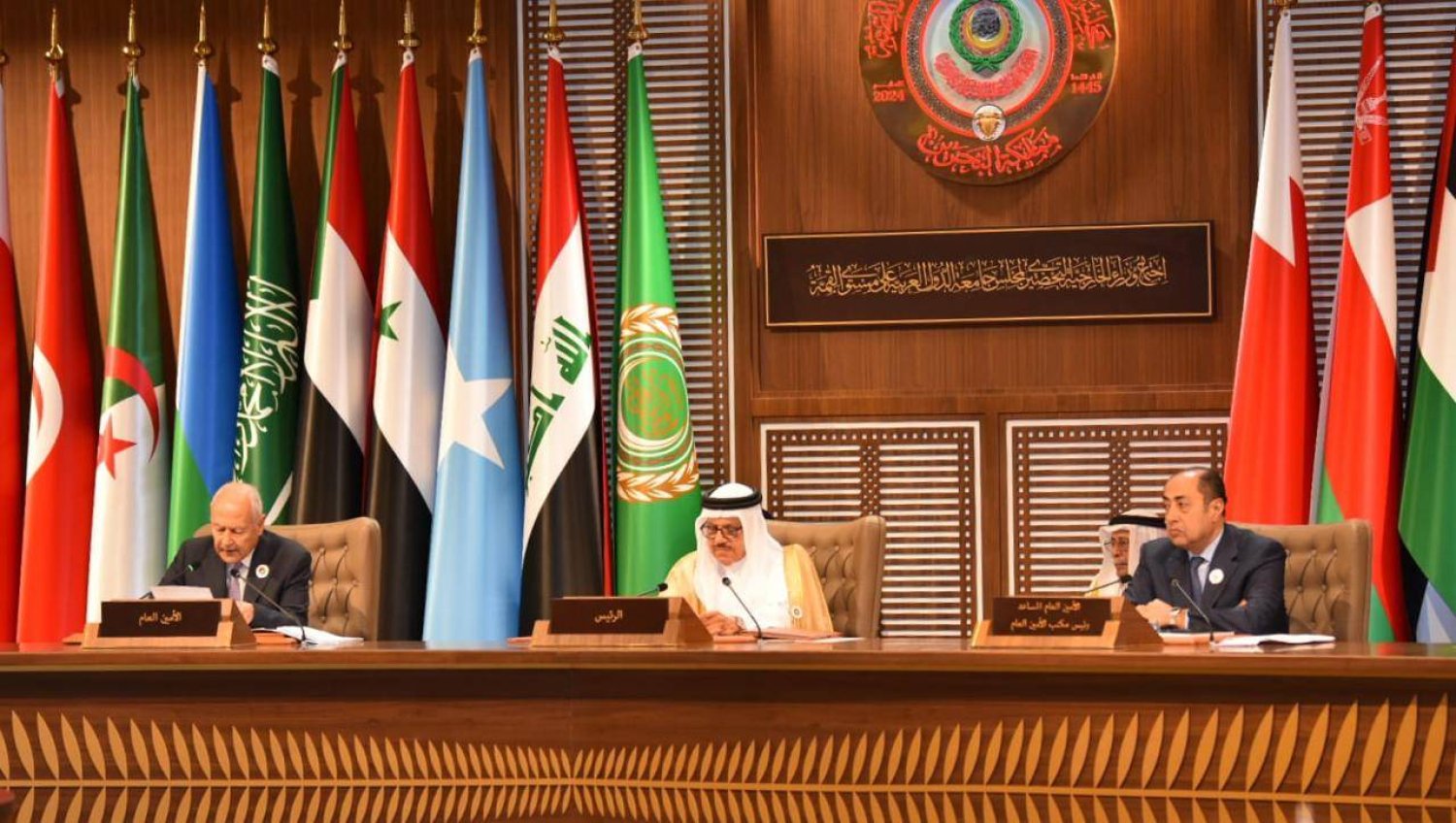The climate in which the 33rd Arab Summit, held in Manama, took place is arguably the most complex the Arab region has witnessed since the mid-20th century. During that era, many Arab countries gained independence, culminating in the early 1970s with the independence of all Gulf states. Despite this, the 22 countries of the Arab region have consistently experienced instability, with Saudi Arabia being a rare exception, enjoying a relatively stable, albeit cautious, state.
This usual instability is now exacerbated by the ongoing conflict in Gaza, which has been burning for over seven months and poses existential questions to the entire Arab entity. This conflict also raises doubts about the effectiveness of Arab summits and the statements they produce. Notably, since the joint Arab-Islamic summit last November, which strongly condemned Israeli aggression against Palestinians, 11,000 Palestinians in Gaza have been killed. This number represents about a third of the total victims since October 7, highlighting the limited impact of such condemnations, despite being backed by a human bloc of 400 million people. Without these condemnations, the death toll could have been even higher.
The complexities of the current climate have led to an Arab discourse leaning towards “moderation.” However, this stance has recently seemed increasingly unfair, particularly regarding the Palestinian issue and relations with Israel. Initially justified by the “peace” option adopted at the Madrid Peace Conference in 1991 and the subsequent negotiation efforts, the results after 33 years have been negligible. This moderation may have inadvertently fueled Israeli extremism and the rise of the far-right, which has dominated Israeli politics since 1995, peaking in late 2022. As Israel continues to raise its political ceilings, the Arab response of lowering theirs only emboldens Israeli intransigence, potentially leading to conflict.
The Gaza conflict was a central theme in the “Manama Declaration,” which called for the deployment of UN protection and peacekeeping forces in Palestinian territories until a two-state solution is achieved. Arab leaders also supported the Bahraini king’s call for an international peace conference in the Middle East, full recognition of a Palestinian state, and its UN membership. UN Secretary-General António Guterres, attending the summit, echoed this view, stressing that a two-state solution is the only way to end the violence and unrest.
While the “Manama Declaration” attempted to present a strong stance, it was largely a gesture to an increasingly tense Arab public. The effectiveness of statements and denunciations is limited without the use of pressure tools, which the Arab world possesses but hesitates to use. This reluctance stems from a belief that only Israel and, by extension, the United States can end the genocidal war against Palestinians.
The ongoing hesitation could lead to further inaction, affecting the future of the Palestinian issue and the region’s stability for decades or even centuries. Regardless of Israel’s longevity, the scars and impacts of the Palestinian-Israeli conflict will remain a defining feature of the Arab world, influencing its future long after the conflict is resolved.
This article was translated and edited by The Syrian Observer. The Syrian Observer has not verified the content of this story. Responsibility for the information and views set out in this article lies entirely with the author.


